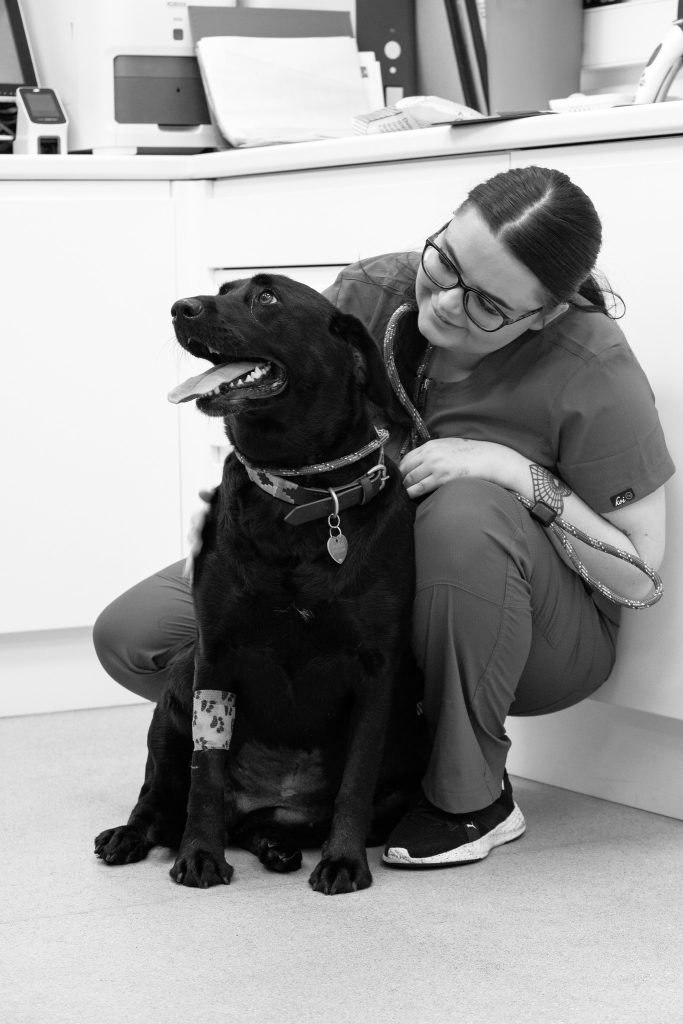Insurance
Insurance
Pet insurance is a type of health insurance policy designed to cover veterinary expenses for pets. It helps pet owners manage the costs of medical treatments, surgeries, and sometimes preventive care for their animals.
Typically, pet insurance plans cover:
- Accidents (e.g., injuries from falls or car accidents)
- Illnesses (e.g., cancer, infections, or chronic conditions)
- Emergency care
- Some plans may also cover preventive care, such as vaccinations, flea treatments, dentals or annual check-ups, though this is often an optional add-on.
Pet owners pay a monthly or annual premium, and depending on the plan, they might need to pay a deductible or co-pay for each visit. The insurance either reimburses a percentage of the veterinary bill or directly covers certain services based on the policy terms.
Having pet insurance can help reduce the financial burden of unexpected veterinary costs, making it easier for pet owners to afford necessary care.
Pet insurance is the responsibility of the pet owner. It is an optional coverage that a pet owner can choose to purchase to help manage the cost of veterinary care. While pet insurance is not legally required, like health insurance for humans or car insurance for drivers, many pet owners opt for it as a way to protect themselves from unexpected expenses related to their pet’s health.
Ultimately, the decision to get pet insurance rests with the owner.

Direct Claims
At Taylor Vets, we may offer a direct claim service where your insurance company pays us directly.
If you have a valid pet insurance policy, we may be able to claim directly from your insurer for treatment costs over £500. Please note, direct claims are subject to our discretion and depend on the relationship between our clinic and your insurance provider. We recommend contacting us to confirm if we can process direct claims with your insurer.
What We Need From You for Direct Claims:
- A deposit of £150, this is inclusive of the administration charge.
- A signed and dated claim form from the policyholder, stating that payment will come directly to us. This should be completed at the time of treatment or within 3 working days.
- Accurate completion of all sections of the claim form required of the policyholder.
- A separate claim form for each condition you wish to claim for.
- Payment for any treatments not covered by insurance at the time of treatment.
- A policy number and policy schedule showing your policy’s details, including limits, excess, start date, and any exclusions. When your policy renews, please provide the updated certificate.
- A commpleted direct claim form agreement, signed by both Taylor Vets and the Policy Holder.
If your insurer requires you to submit claims online, the process may be simplified. Please check with your insurer for any specific steps.
If your insurer declines the claim, you are responsible for settling your account in full.
Offering a direct claim service does not create a contract between Taylor Vets and the insurer. Any disputes regarding your claim must be resolved between you and your insurance company. While we will assist where possible, most insurers will only communicate with the policyholder directly.
Indirect Claims
If the claim you wish to make totals less than £500, payment will be required for the full bill before any claim to reimburse you can be made to your insurer.
What We Need From You for Indirect Claims:
- Full payment of your invoice(s) before we process your claim.
- A signed claim form from the policyholder.
- Accurate completion of all sections of the claim form required of the policyholder.
- A separate claim form for each condition you wish to claim for.
Note: If your insurer requires you to submit claims online, the process may be simplified. Please check with your insurer for any specific steps.
Processing Fees and your Excess
For both direct and indirect claims, a £28 administration fee will apply unless you are on our membership plan, in which case the fee is waived. You are also responsible for any amounts not covered by your insurer.
The policy excess is an amount you are required to pay, whether you’re making a direct or indirect claim. The excess is typically charged per condition, however please check your own policy for specifics. Some policies include both a fixed excess and a percentage-based excess on the total claim amount.
If your policy renews while a claim is ongoing, you may need to pay a new excess.
What Will We Do?
- Complete the claim form and have it signed by the vet overseeing your case (or an authorised staff member).
- Promptly send the claim form to the insurer, either by post or electronically, once your account is settled and the claim form is correctly completed.
- Attach the necessary clinical history and a copy of any payments made (no need to keep your receipts).
- Provide any additional information requested by the insurer, such as test results, x-rays, etc.
Any questions regarding you insurer or you policy must be answered by your insurance company.
We are unable to offer any advice on insurance companies or specific policies.